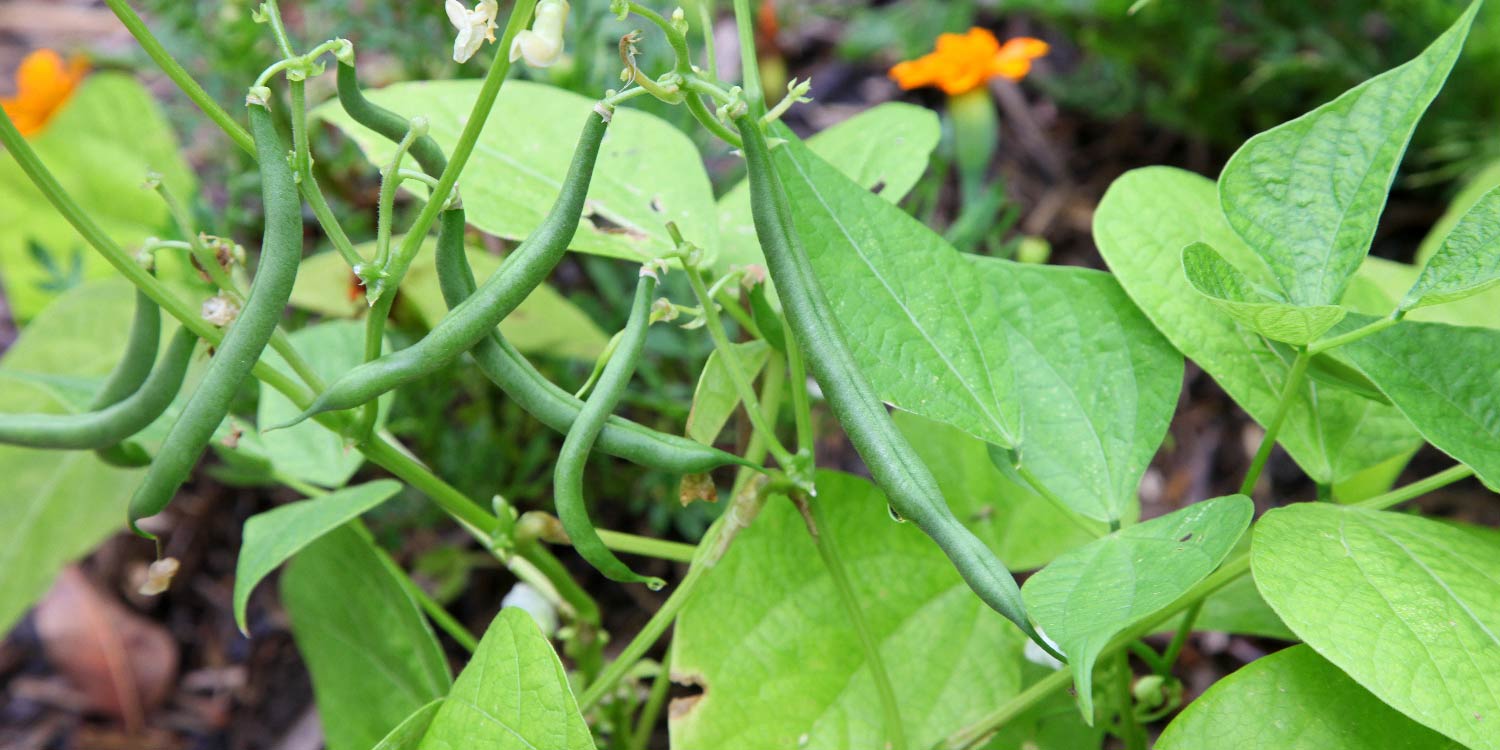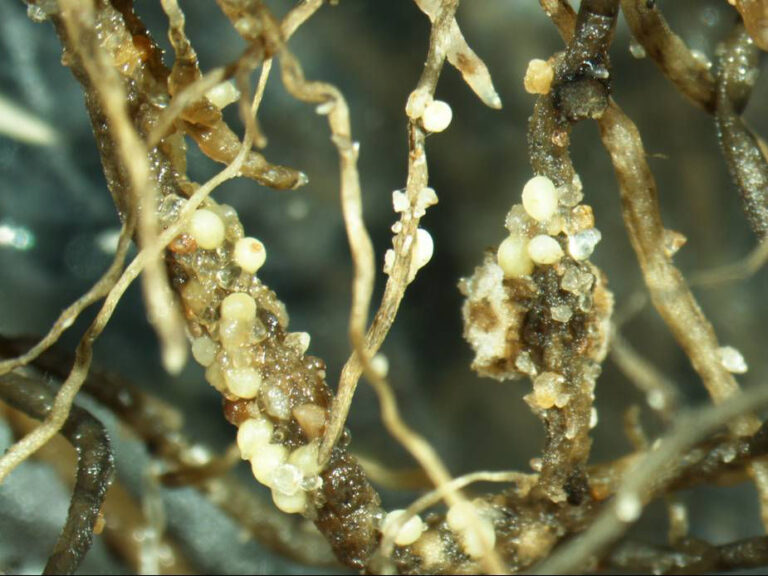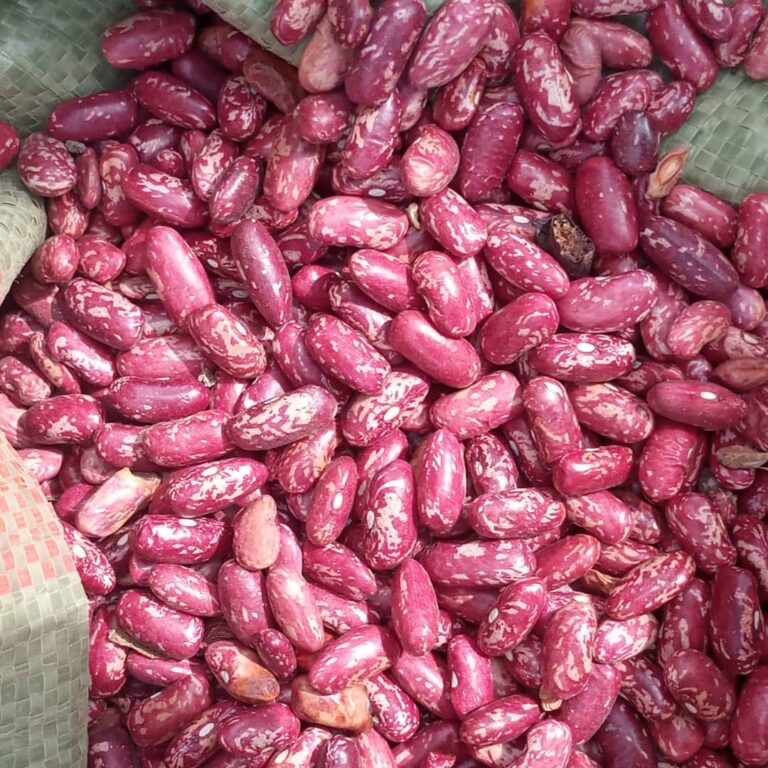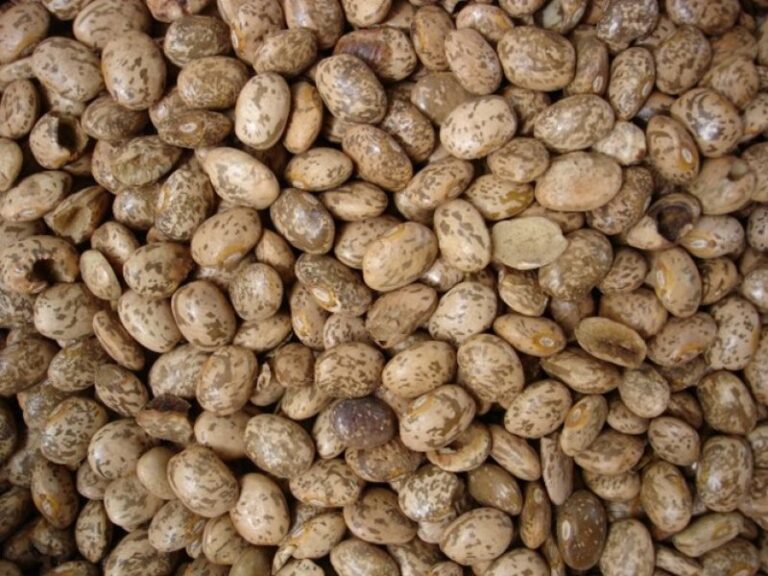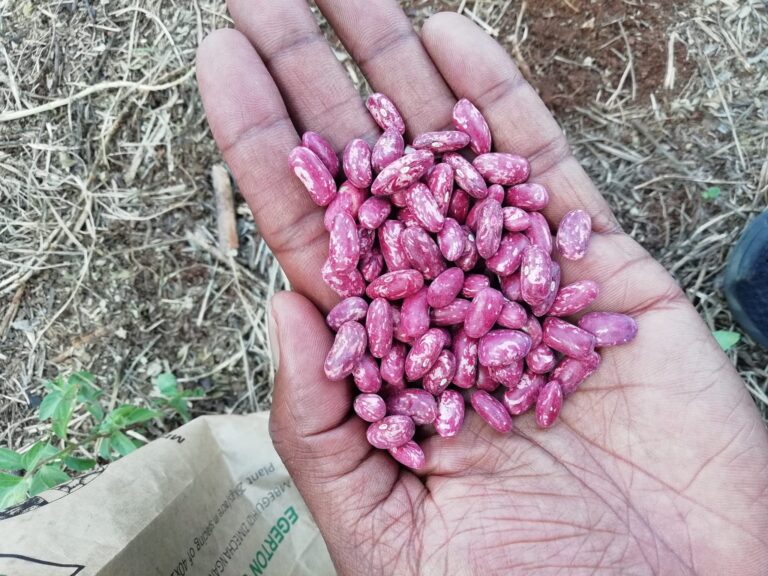Wairimu Beans Yield Per Acre In Kenya
Under favorable growing conditions, well-managed Wairimu bean farms in Kenya can achieve yields ranging from 8 to 12 bags (90 kilograms each) per acre on average.
The yield per acre is influenced by various factors including soil quality, climate, agricultural practices, pest control, and access to resources such as water and fertilizers
Wairimu beans are known for their adaptability and productivity in diverse agricultural settings in Kenya. They exhibit robust growth patterns, typically spanning a growth period of 75 to 90 days.
Planting Wairimu beans at a seed rate of 30 kg per acre is recommended for achieving higher yields, typically around 8-12 bags per acre. This variety is known for its good cooking qualities and adaptability to intercropping.
Farmers in regions like Nakuru have reported doubling their yields using new high-yielding bean varieties, which include options like the Wairimu dwarf. These varieties are noted for their improved disease resistance and shorter maturity periods, suitable for multiple harvests per year.
For successful Wairimu bean farming, ensuring adequate spacing and nutrient management is essential to achieving the expected yield per acre. Proper pest and disease control measures also contribute to maintaining high productivity levels
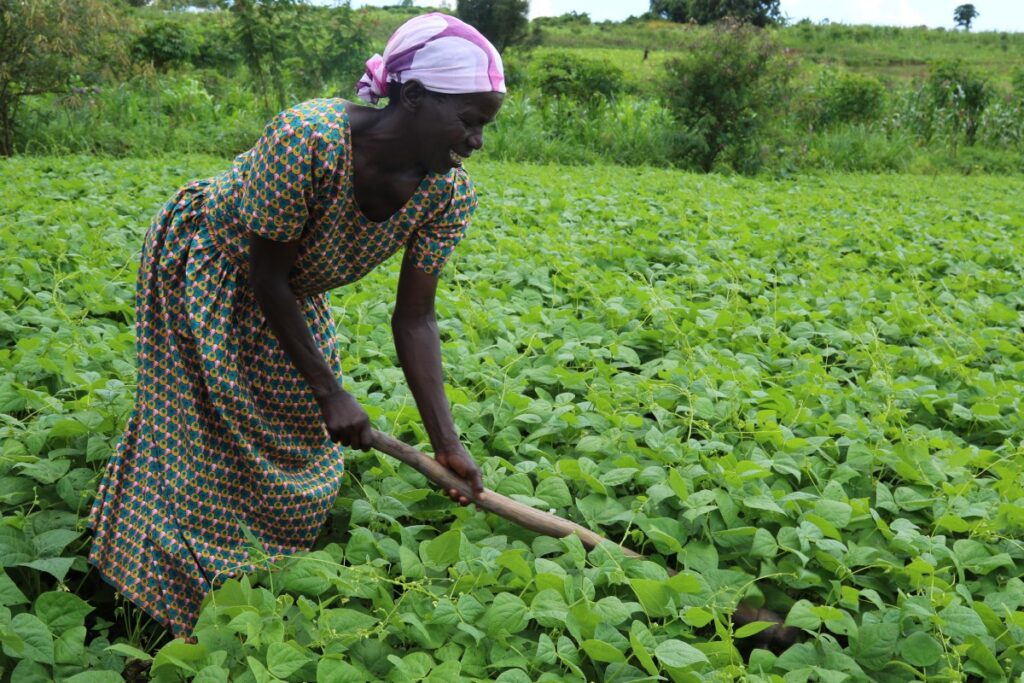
Wairimu Beans Prices In Kenya
The prices of Wairimu beans in Kenya can vary depending on factors such as location, season, and market conditions. Here’s a general overview:
- Local Markets: In local markets across Kenya, Wairimu beans are typically priced between approximately Ksh 130 to Ksh 160 per kilogram. Prices may vary slightly based on the freshness and quality of the beans, as well as regional demand.
- Supermarkets: Prices in supermarkets may be slightly higher, ranging from around Ksh 150 to Ksh 180 per kilogram. Supermarkets often charge more due to added convenience and packaging costs.
- Wholesale: Bulk purchases directly from farms or wholesalers may offer lower prices, especially for larger quantities. Prices can be negotiated based on market conditions and the volume purchased.
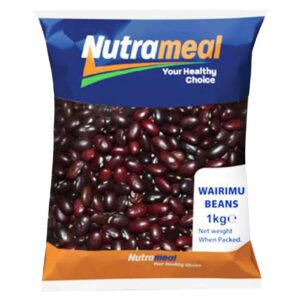
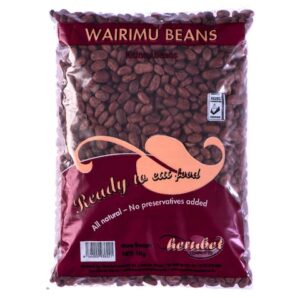
Wairimu Beans Pictures
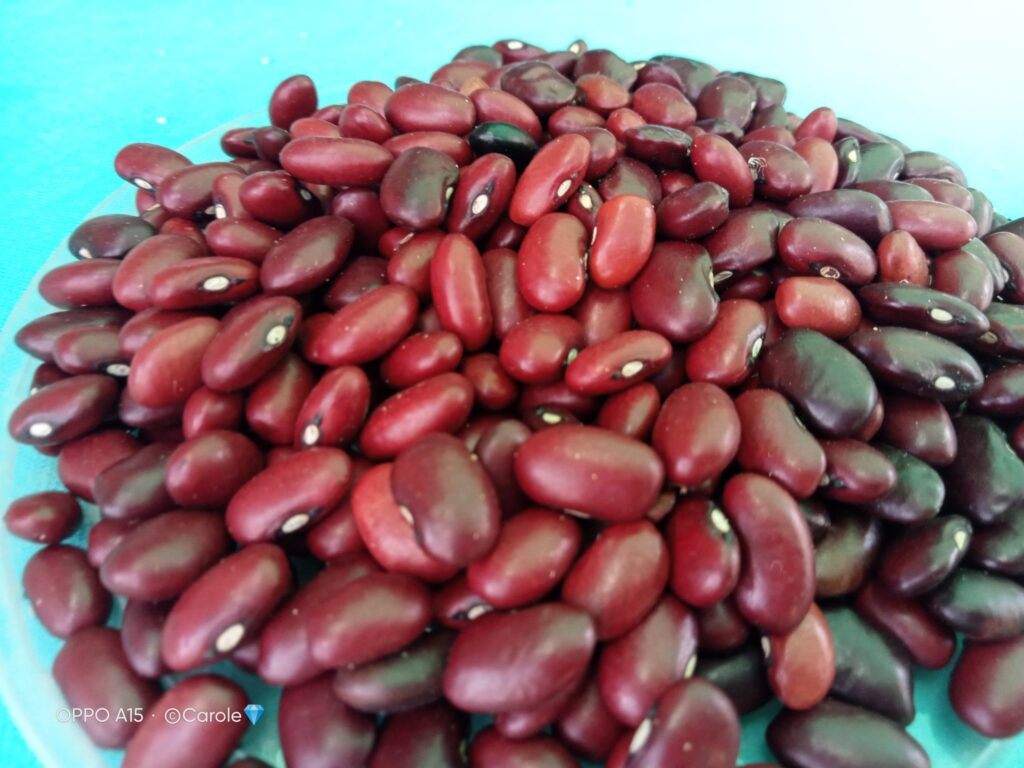
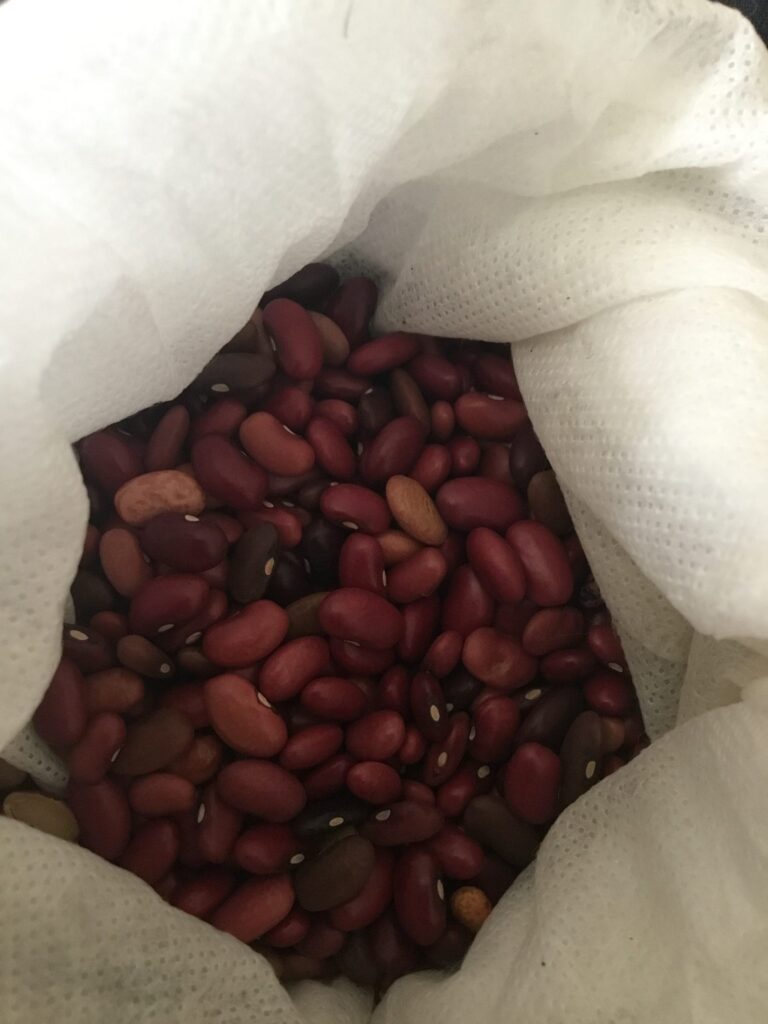
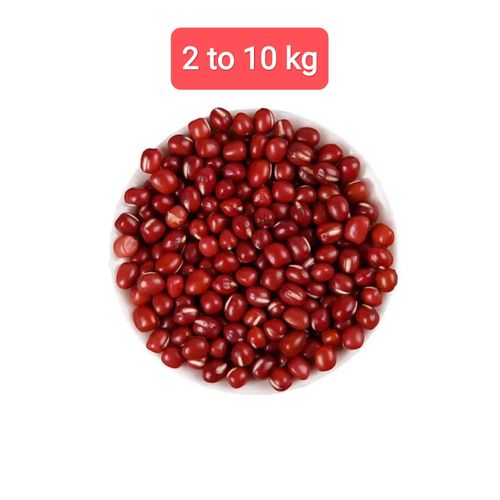
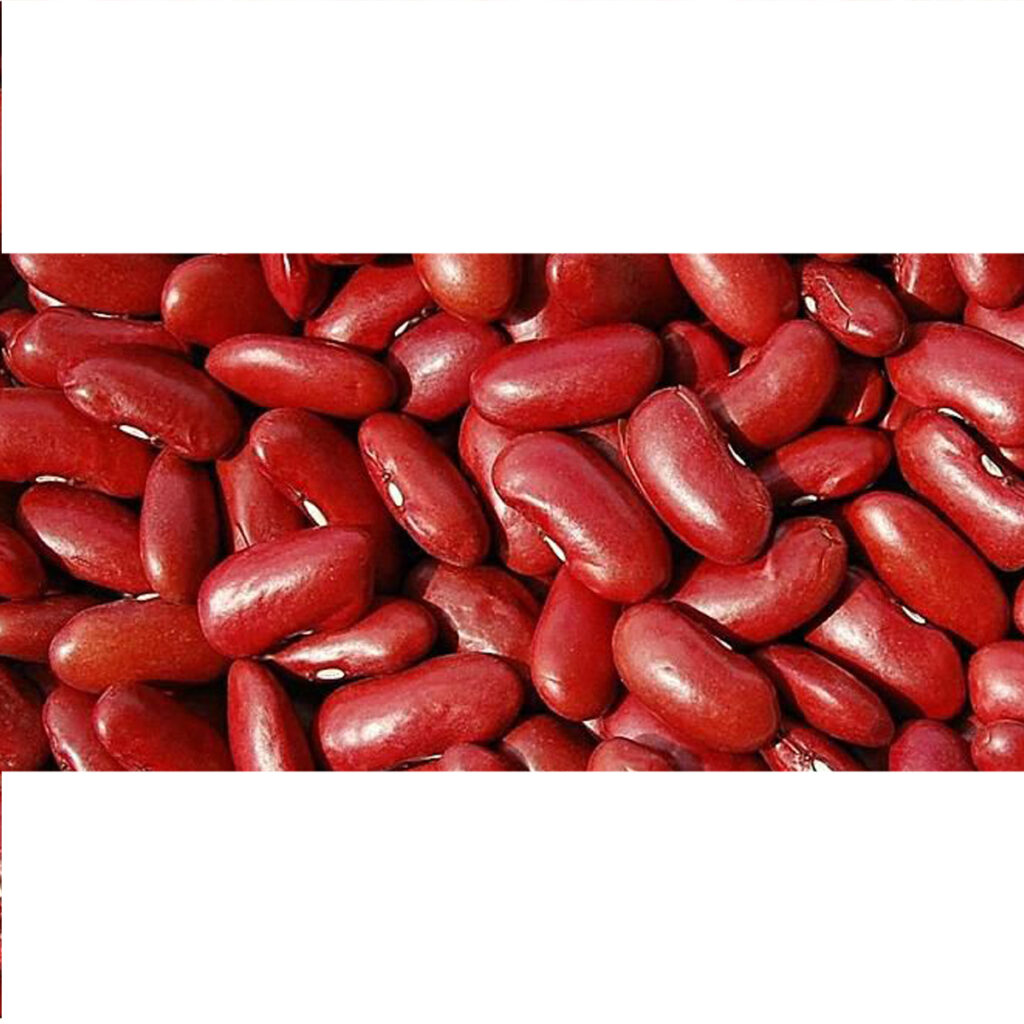
Wairimu Beans Farming In Kenya
“Wairimu” beans are a popular variety grown in Kenya, known for their adaptability to various climatic conditions and soil types. Here’s an overview of Wairimu beans farming in Kenya:
Wairimu Beans Variety Overview:
- Characteristics: Wairimu beans are bush beans that typically have a medium growth period, maturing in about 90-100 days after planting. They produce white flowers and white beans that are nutritious, rich in protein, and fiber.
Growing Conditions:
- Climate: Wairimu beans are versatile and can be grown in different regions of Kenya, including highland areas like the Rift Valley, Central Kenya, and parts of Western Kenya.
- Soil: They thrive in well-drained soils rich in organic matter. Proper soil preparation, including tilling and incorporating compost or manure, enhances yield.
Cultivation Tips:
- Planting: Sow seeds at a depth of about 2-3 cm and space them approximately 10-15 cm apart.
- Watering: Maintain regular watering, especially during flowering and pod development stages. Adequate moisture is crucial for optimal growth.
- Fertilization: Apply organic or balanced fertilizers before planting and during growth stages to boost soil fertility and bean production.
- Weeding: Regularly remove weeds to reduce competition for nutrients and prevent pest habitat.
- Pest and Disease Management: Monitor for pests such as aphids, bean fly, and diseases like bean rust. Use integrated pest management practices and disease-resistant varieties if available.
Harvesting and Storage:
- Harvest beans when pods are fully mature and dry on the plant. This is typically indicated by pods turning yellowish or brown and drying out.
- After harvesting, dry beans further if necessary and store them in a cool, dry place to prevent mold and insect infestation.
Market and Economic Aspects:
- Wairimu beans are in demand locally due to their nutritional value and market acceptance. Farmers can sell beans fresh or consider value addition by processing into products like flour or canned beans.
- Market prices fluctuate based on supply, demand, and quality, so it’s advisable for farmers to monitor market trends and prices for optimal sales.
